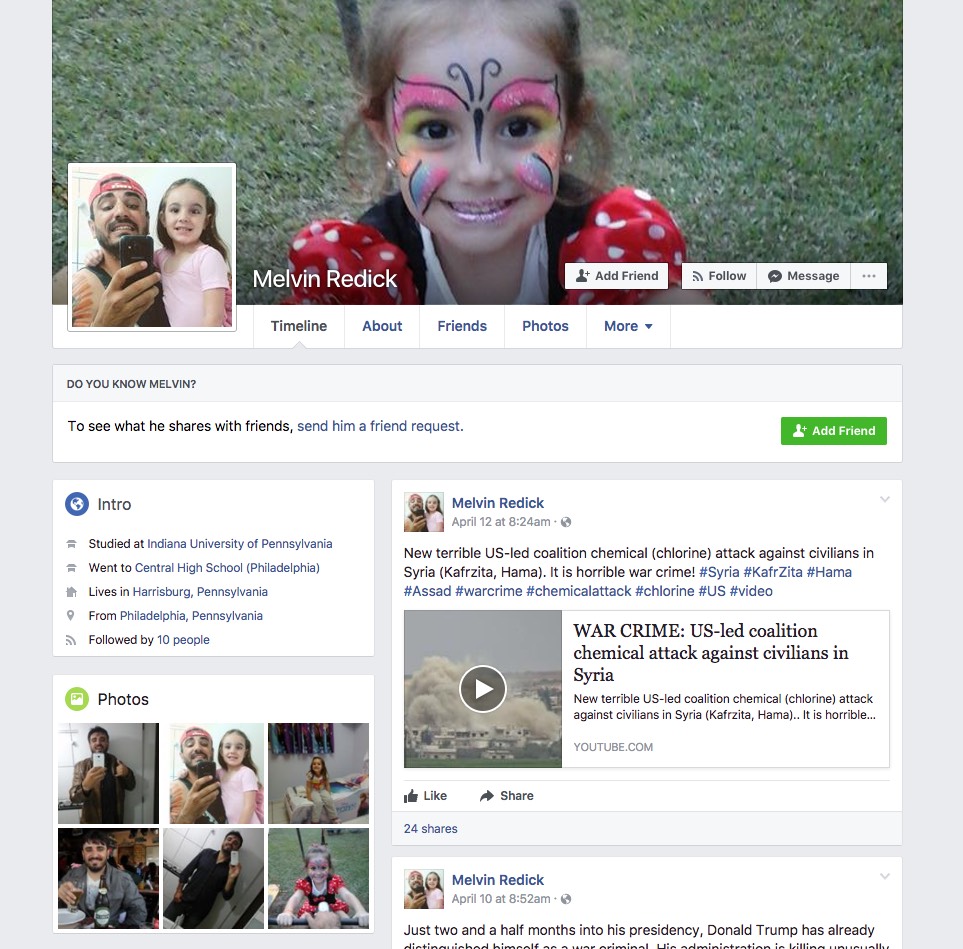Written by James Price
Following from Chris Cordaro’s article on privacy concerns online, the question is raised regarding the pros and cons information being online. However, it all comes down to a matter of trust.
This trust comes down to the companies using the information, and what exactly they are using this information for.
Companies such as Google and Facebook have been utilising what is known as a ‘behavioural profile’ for a more personalised advertising experience for the user. This unique advertising experience is built from a user’s search history and internet activity. Because of this, users are often unaware their data is being collected, but still receive benefits such as targeted advertisements built upon their interests without thinking too much about it.
Obviously, companies such as Google and Facebook are large enough to be respected and trusted, but is it the same for other smaller companies?
Take a company like the one behind the popular smartphone application, FaceApp. The app allows users to take photos of their faces and apply a filter that makes them look old. One of the agreements made for app usage is the enabling of access to photos stored in the device.
Obviously, a user’s personal photos and photos taken on the app itself are confidential items to the owner; however, concerns are rising that companies, such as FaceApp, are potentially collecting this data with the intention of it being “misused or leaked to the wrong company.”A recent and very clear example of personal data that had been used inappropriately was during the 2016 presidential campaign in America. This used fake Facebook accounts with fabricated photos and backgrounds that had been gathered through other users’ personal data to push political agendas. An example can be seen below:

It was later found that these Facebook accounts were being bought from a third party website that were sourcing people’s private information such as their backgrounds and photos. So, where did they obtain this information? That’s the troublesome part.
These privacy concerns raise ethical considerations and issues. Obviously, it should not be fair that photos, such as the ones featured in the photo above showcasing a young girl who has clearly been taken advantage of be used, because of her father’s decision to give his personal data to an unreliable company. It is also unethical to use someone’s identity and background to push for an agenda that they themselves are not a part of.
But does this mean we should be saying no to all these websites’ terms and agreements to keep our data personal?
Well, from a business perspective, this sort of personal information is essential for operating online advertising, such as the targeted advertising mentioned earlier. Without access to our searches and website history, online advertising will lose one of its key features of targeted marketing. This is a perfect example of a trusted company using a user’s data appropriately and for the benefits of both the user and company as supposed to just the company.
Essentially, concerns only begin to rise on the matter when users lose the ability to control and or understand how their data is being used. It is quite clear that private information is valuable from a personal and business perspective which is why websites, such as the ones used to sell fake Facebook accounts are able to make profits. The vulnerability of having your information potentially stolen or used is the only real concerning factor when giving it out to companies. So, how can companies combat this? With trust.
This trust can be built by being open and completely transparent with its users on the ways their data may be used. As supported in the Journal of Retailing which states that users who are unsure of a company and how it will use their data are more likely to reject being associated with it.
This all goes to show that it really is beneficial when an employee, and/or the company is genuine in showing that they have consumers’ best interests in mind.

